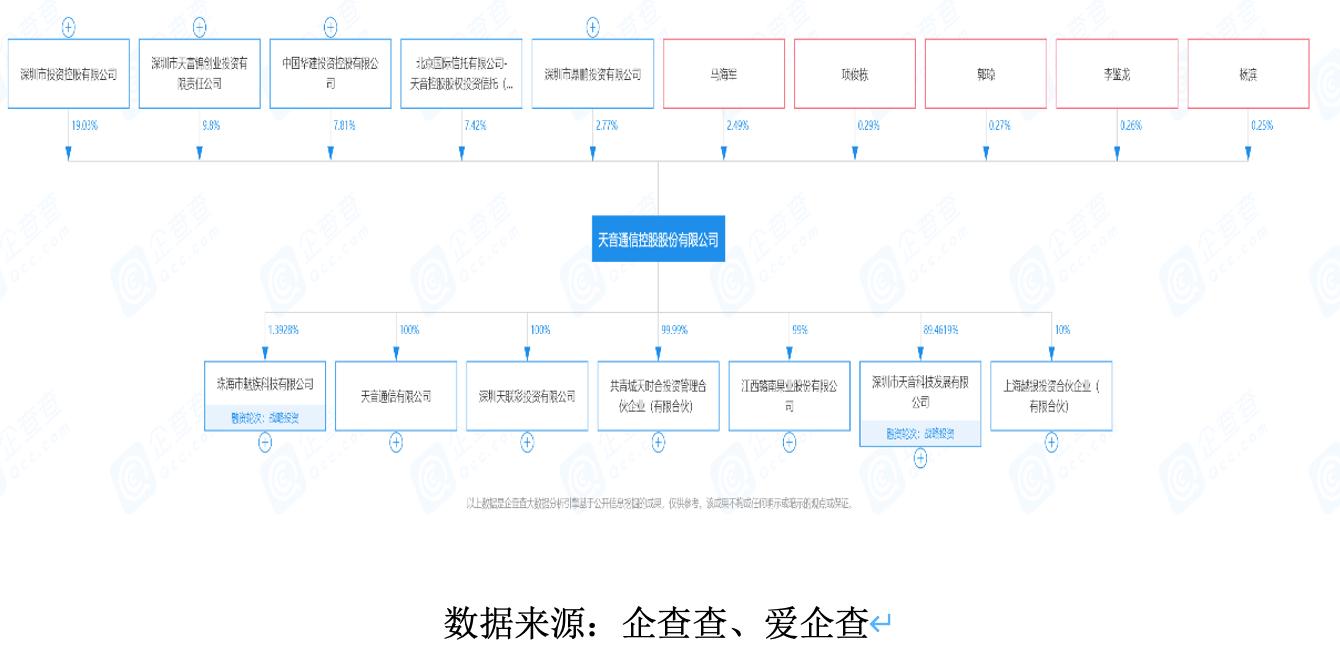Friends, followers, let’s talk about what’s really happening in Korea. Samsung just got the green light to push its semiconductor developers to a grueling 64-hour work week – that’s nearly double the standard! SK Hynix is reportedly gearing up to follow suit. Forget ‘work-life balance,’ we’re witnessing a full-blown sprint for chip supremacy.

Photo source:koreajoongangdaily.joins.com
The Korean government, in a move that reeks of national urgency, has amended labor laws to allow designated ‘semiconductor R&D enterprises’ to extend working hours. A year-long approval window? This isn’t a tweak; it’s a fundamental shift. Frankly, it’s a desperate gamble.
Why now? Simple. The global semiconductor battle is heating up, and Korea is playing catch-up. They’re throwing everything they’ve got at the wall, and unfortunately, that ‘everything’ includes the well-being of their workforce.
But let’s be clear: this isn’t sustainable. While a short-term boost in productivity is likely, burnout, decreased innovation, and ultimately, talent exodus are very real threats.
Here’s a deeper dive into the background:
The semiconductor industry is intensely competitive. Global demand continues to soar, fueled by AI, electric vehicles, and the Internet of Things.
Korea’s revisions to the Labor Standards Act are designed to expedite the approval process. Companies need to prove R&D status for faster authorization.
This policy change directly targets the advanced chip development sector, viewing it as crucial for national economic security.
Labor groups are rightfully furious, fearing – and predicting – widespread overwork and its associated health consequences. The risks are significant, so we need a healthier balance.
This isn’t about simply wanting more chips. It’s about navigating a complex geopolitical landscape and securing Korea’s place as a tech powerhouse. The question is: at what cost?



